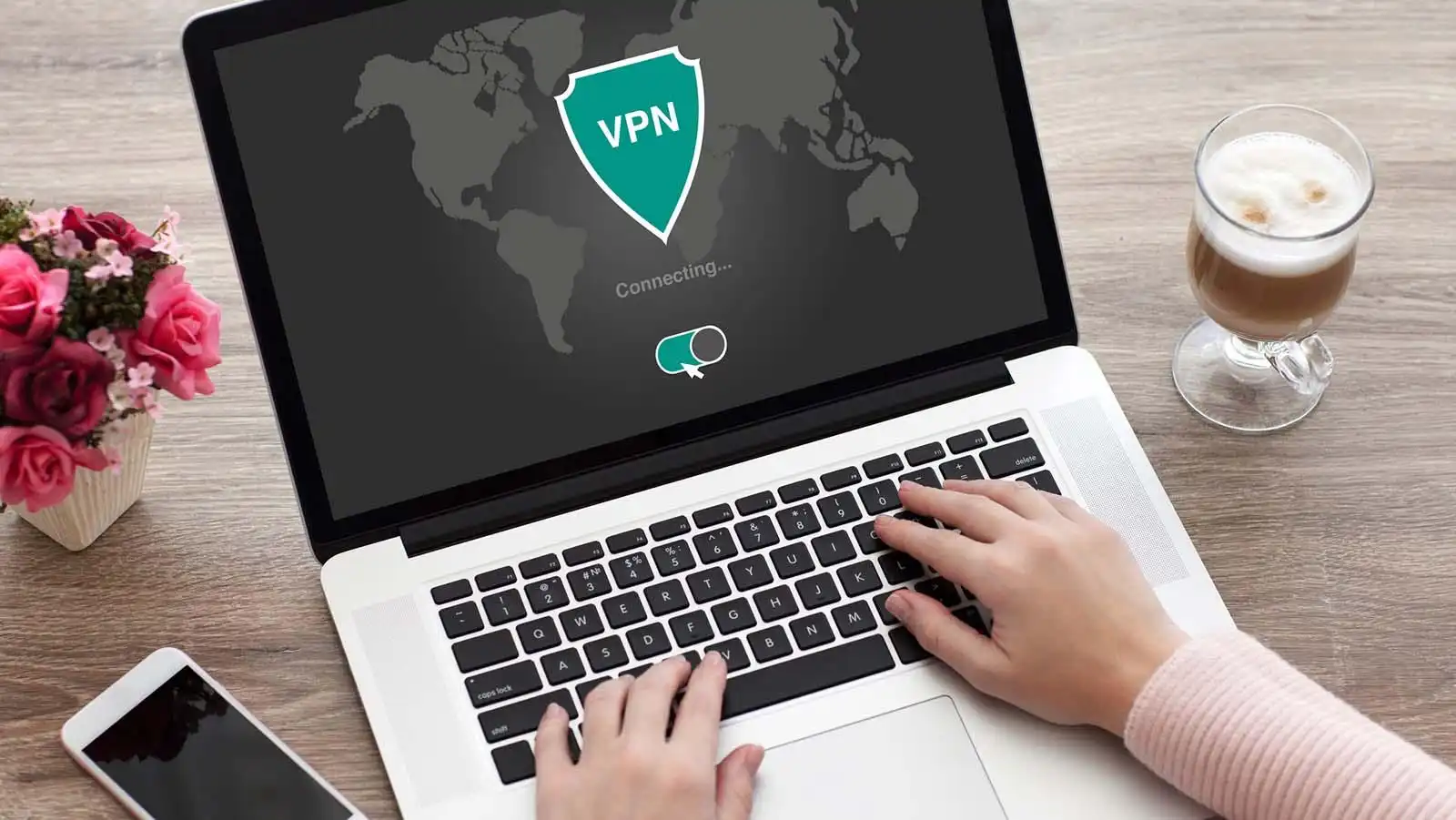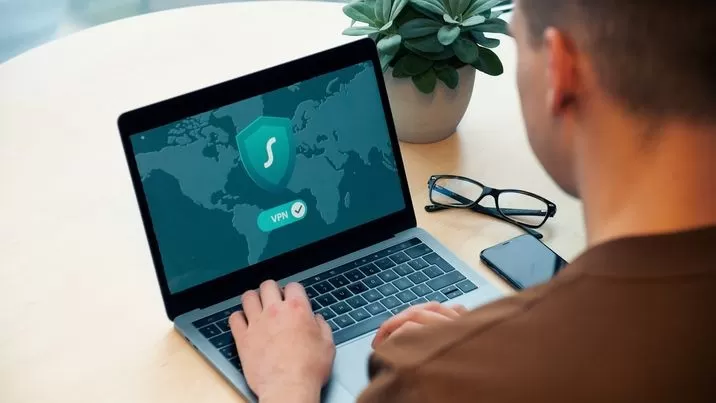You like your Mac and will never trade it for any other computer in the world; does this mean that you don’t need to know what a VPN is? Not at all — if you use a VPN for your iMac i7 you make your already powerful device even more versatile.
To put it simply, a VPN (short for Virtual Private Network) is a server you can connect to via an encrypted connection. While some of its benefits — like improved security or the ability to bypass geo-restrictions — are quite obvious, others need some additional explanation.

How a VPN Can Help a Mac User
The sad reality every Internet user — Mac or no Mac — lives in is that every byte of data you receive using the Web is analyzed by your Internet Service Provider (ISP). While it is typical for ISPs to do it to sell information about the things you are interested in to online advertisers, some of ISPs also sift your traffic to detect any kinds of activities the government frowns upon — like, for example, torrenting.
Streaming media platforms and international game servers can block users who live in specific countries and limit access to some or all of their titles and services. In some countries, users are not allowed to visit the world’s most popular social media. And some online stores will not let you visit their main page if they have blacklisted the territory your IP address belongs.
Last but not least, there are online stores that demand you to pay either more or less for the very same product or service based on the country you make your order from.
A VPN is a perfect way to ask Big Brother to close his eyes for a while, circumvent the artificial — and totally arbitrary — information barriers, forget about oppressive censorship, and ensure that you get a fair deal when purchasing all kinds of things online — and a lot more.
Why Use a VPN for Your Mac
First and foremost, a VPN means your ISP can no longer spy on you. The data traffic between your Mac and a Virtual Private Network server is encoded using advanced encryption algorithms that are, for all intents and purposes, unbreakable. The result of this is that no one but you has access to your data. This means that you can download any kinds of files in any kinds of ways, visit all websites you like, and express any opinions you want without compromising your anonymity. In other words, you no longer live in a fish tank.
What’s more, as your ISP cannot analyze your traffic, it is far less likely to limit your bandwidth (a practice known as bandwidth throttling) if you use torrents, watch UHD media, or play data-heavy online games.
Second, you can use a VPN to get around geo-restrictions: all you need to do is simply connect to a server that is located in the whitelisted country. This way you can enjoy a new episode of your favorite TV show even if you are currently traveling abroad, watch live sports events from almost any country in the world, and play against highly skilled opponents who live many thousands of miles from you.
You can use the very same trick to deal with the censorship imposed by the government of the country you live in: simply connect to a Virtual Private Network server abroad, and — ta-da! — you can finally visit your favorite social media or news portal. This method can also help you unblock a website that denies you access to the place you are currently at.
Third, you can use a VPN to keep your true IP hidden while you browse the Internet. This can come in handy if you don’t trust the owners of the website you are planning to visit and want them to know as little about you as possible — that is, absolutely nothing.

Fourth, a VPN can turn connections that have no protection at all (like public Wi-Fi hotspots that are notoriously prone to hacking) into secure ones. It can also be used to additionally protect connections that already feature encryption like online banking. What’s more, when you work from home, a Virtual Private Network can protect you and your employer from any breaches of security — which, sometimes, can be incredibly costly.
Fifth, if you suspect that an online store practices price discrimination (i.e. sells a product or service at different prices that depend on the buyer’s location), you can use a VPN to treat yourself to a well-deserved discount.
What to look for when choosing a VPN for your Mac
When weighing the available options, decide on VPNs that offer such features as:
- Numerous VPN servers are located in as many spots of the world as possible. Some countries (like, obviously, the USA) are more popular than others, so make sure that your VPN has not one but several servers in them.
- A stable high-speed connection.
- One account can be used for several devices.
- A free trial — the longer, the better.
- A money-back guarantee that will come in handy if you find a better deal.
They say that a mouse may help a (mountain) lion: the same goes for a VPN for your Mac. Happy browsing!